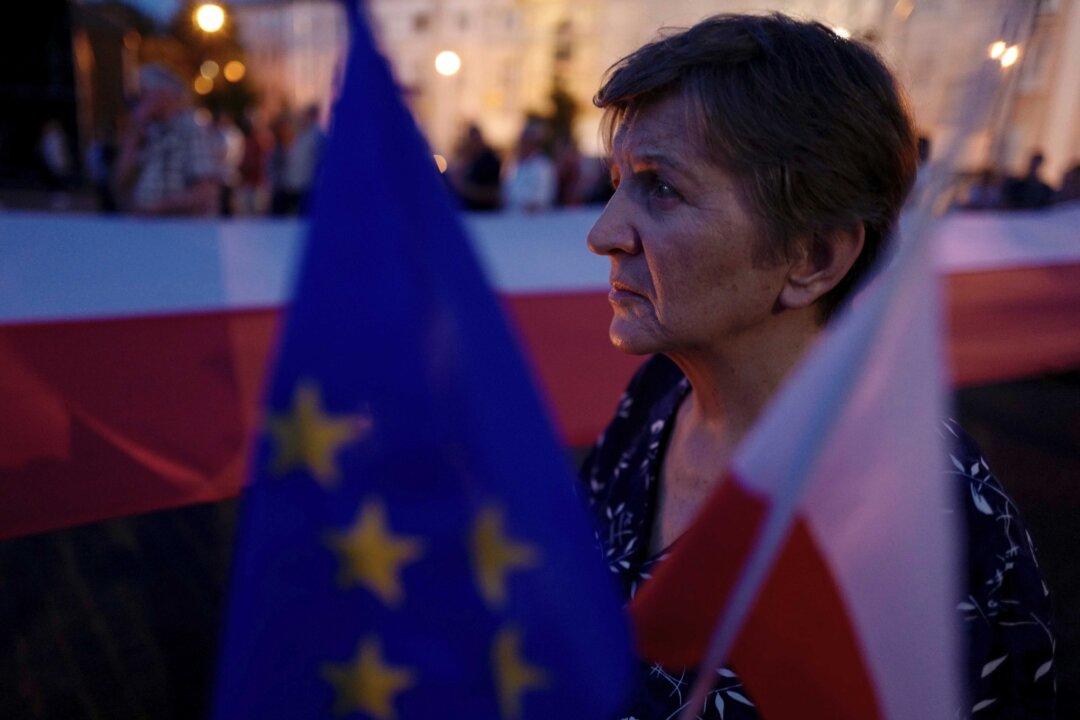WARSAW—Poland’s Supreme Court said on Aug. 2 that its judges who want to should stay in place until the European Court of Justice (ECJ) decides whether measures that will effectively allow the government to choose the court’s staff breach EU law.
Court spokesman Justice Michal Laskowski said President Andrzej Duda and the National Judiciary Council (KRS), which decides judicial appointments, should hold off from making any decisions about the court’s members pending the ECJ’s verdict.





